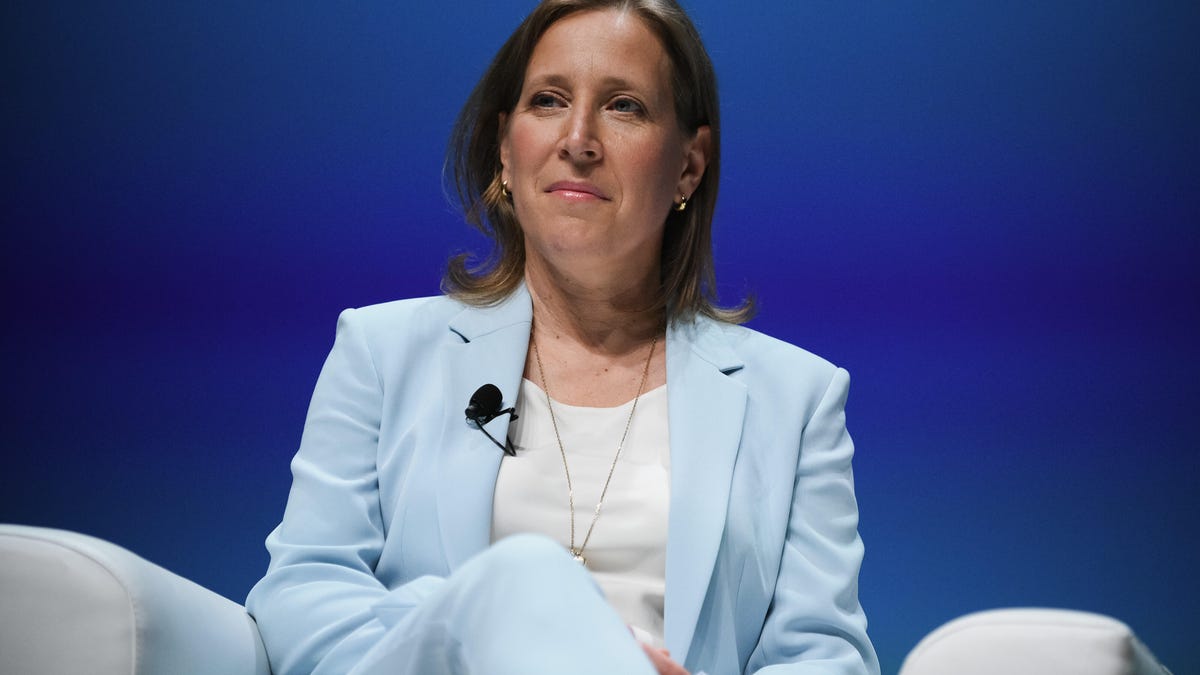YouTube CEO defends site's recommendation system amid scrutiny
"I know that I can make it better," Susan Wojcicki says of YouTube's open platform, during an interview on 60 Minutes.

YouTube CEO Susan Wojcicki
As YouTube deals with an onslaught of controversies, from the spread of extremism to child sexual exploitation issues, critics have called out the site's powerful recommendation system, which uses algorithms to drive people to new content.
On Sunday, CEO Susan Wojcicki defended the site's recommendation mechanisms during an interview with CBS' 60 Minutes. (Disclosure: CNET is owned by CBS.) Because of YouTube's massive scale -- 500 hours of video are uploaded to the Google-owned service every minute -- YouTube can't manually review every video it recommends.
The system is controversial because some say it can lead people down a rabbit hole of increasingly fringe and objectionable content. YouTube has also come under fire as politicians criticize a legal protection called Section 230, which doesn't hold tech platforms liable for user-generated content.
"If we were held liable for every single piece of content that we recommended, we would have to review it," Wojcicki said, according to a transcript of the interview. "That would mean there'd be a much smaller set of information that people would be finding."
YouTube's recommendation system has been at the heart of some of the site's biggest scandals. Earlier this year, YouTube was slammed for enabling a "softcore pedophelia ring." A video blogger named Matt Watson detailed how pedophiles could enter a "wormhole" of YouTube videos to see footage of children in sexually suggestive positions. In the comments of those videos, users would post time stamps linking to other videos, and YouTube's algorithms would recommend even more of those kinds of videos. The site's recommendation system has also been blamed for helping to indoctrinate extremists and white supremacists.
In response, Wojcicki said the company is working with experts to learn how to deal with that kind of content. YouTube also made a tweak to its recommendation algorithms earlier this year that cuts down the watch time of questionable videos by 70% in the US. Still, she said the company shouldn't "go too far" and verge on censorship.
"We have been working really hard to figure out what's the right way to balance responsibility with freedom of speech," she said.
Many of YouTube's woes stem from the fact that it's an open platform, which means that anyone with an internet connection can upload a video. That policy has been challenged as YouTube's reach has grown and the site has become more difficult to police. The company is also still reeling from its role in the 2016 US presidential election, in which Russian agents used the platform -- as well as Facebook and Twitter -- to distribute misinformation and sow discord among Americans.
"YouTube is always going to be different than something like traditional media where every single piece of content is produced and reviewed," Wojcicki said. "We have an open platform. But I know that I can make it better. And that's why I'm here."

